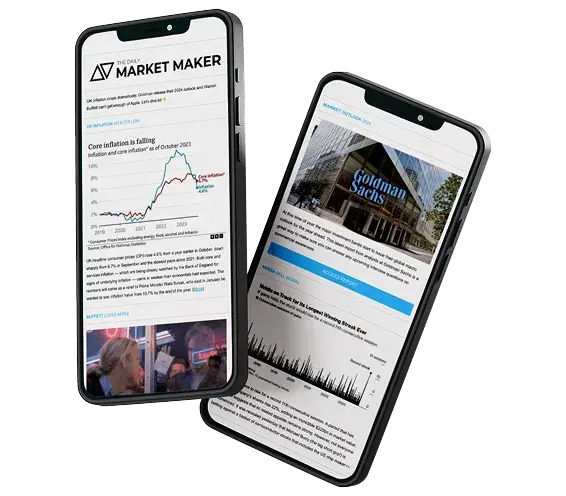Tim Duggan: Full-time trader (Dublin)
Tim completed our professional training course in 2017. We managed to catch up ...
For Financial Institutions
Find, assess, and develop future finance talent - faster and smarter.
ExploreFor Universities
Bring theory to life and boost employability with live simulations and career support, all in one platform.
ExploreFor Learners
Get hands-on experience in markets, banking and quant to stand out, get hired, and progress.
ExploreExperience Finance Free
Free simulations that give you a first taste of trading, banking, and quant.
Pathways for Students
Term-time simulations and career support to build experience while you study.
Summer Analyst Training Programme
An intensive 3-week online programme with 20+ simulations, expert prep, and networking.
NewFinance Bootcamp
A 1-week in-person programme in London with 10+ simulations, networking, and real City experience.
Explore our latest thinking on early careers hiring, student pathways, and the changing world of finance. From podcasts and blogs to press features and reports — this is where we share ideas, stories, and data that matter.

Tim completed our professional training course in 2017. We managed to catch up ...
AI hasn’t broken assessment, it’s prompted a rethink. This piece explores how ...
The secret to stronger intern performance? It starts long before day one. After ...
As a former trader, Will de Lucy knows that composure can’t be taught, but it ...
Traditional hiring methods aren’t cutting it for assessing talent in markets ...
From simulated trading floors to real-world opportunities, Duke University ...
Finance firms use AI to screen candidates, but students don’t trust it, and ...
From simulated trading floors to investment banking strategies, three APAC ...
As we welcome the Year of the Snake, we’re reflecting on AmplifyME APAC’s ...
Former Cargill Global Trading & Risk Management Director Kristine Engman shares ...
AmplifyME’s Summer Analyst Training Programme gave me hands-on experience that ...
Coming from a non-finance background can be challenging when applying for ...

Meet Your Guide to Markets & Finance Careers
Podcast
Stay sharp. Stay hired. Stay ahead.
Discover it